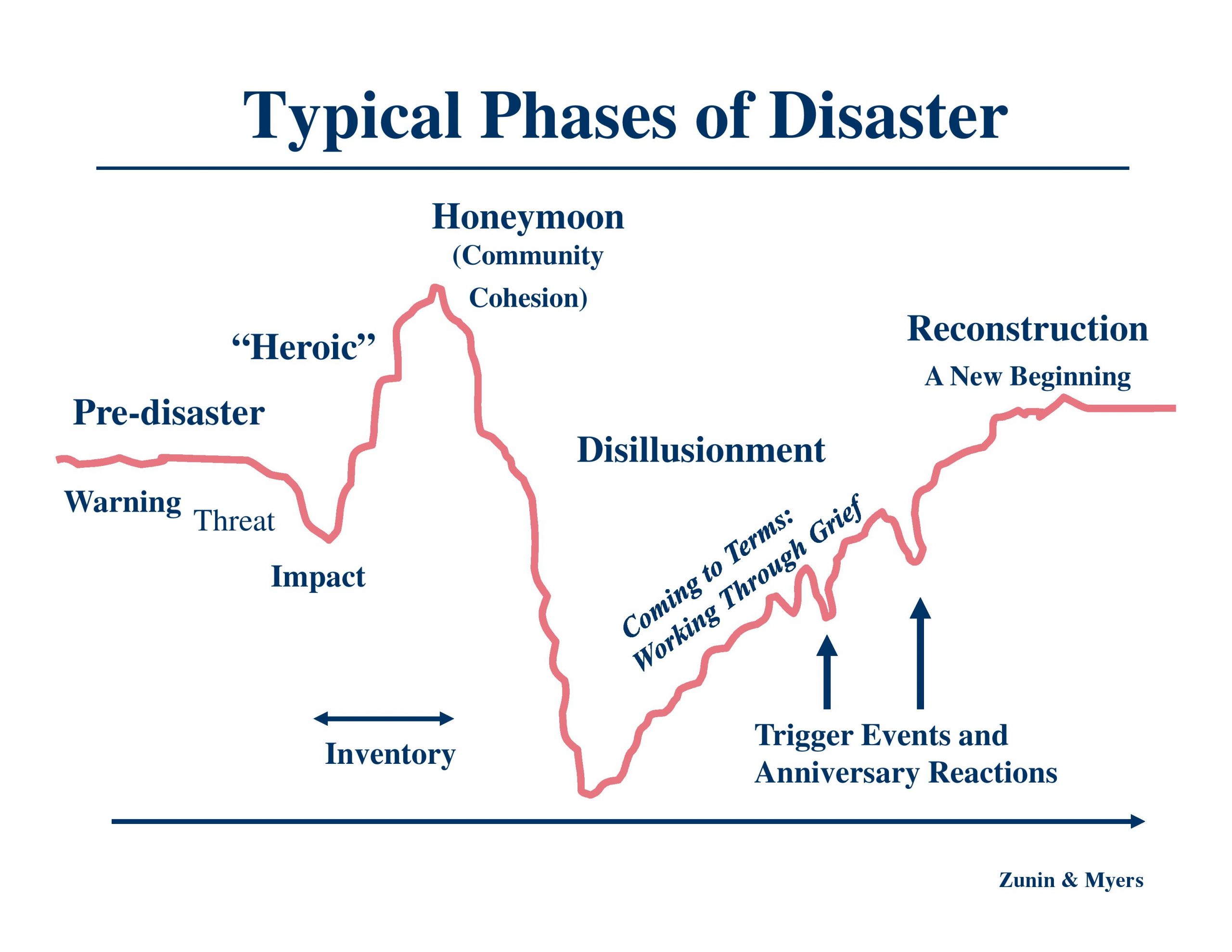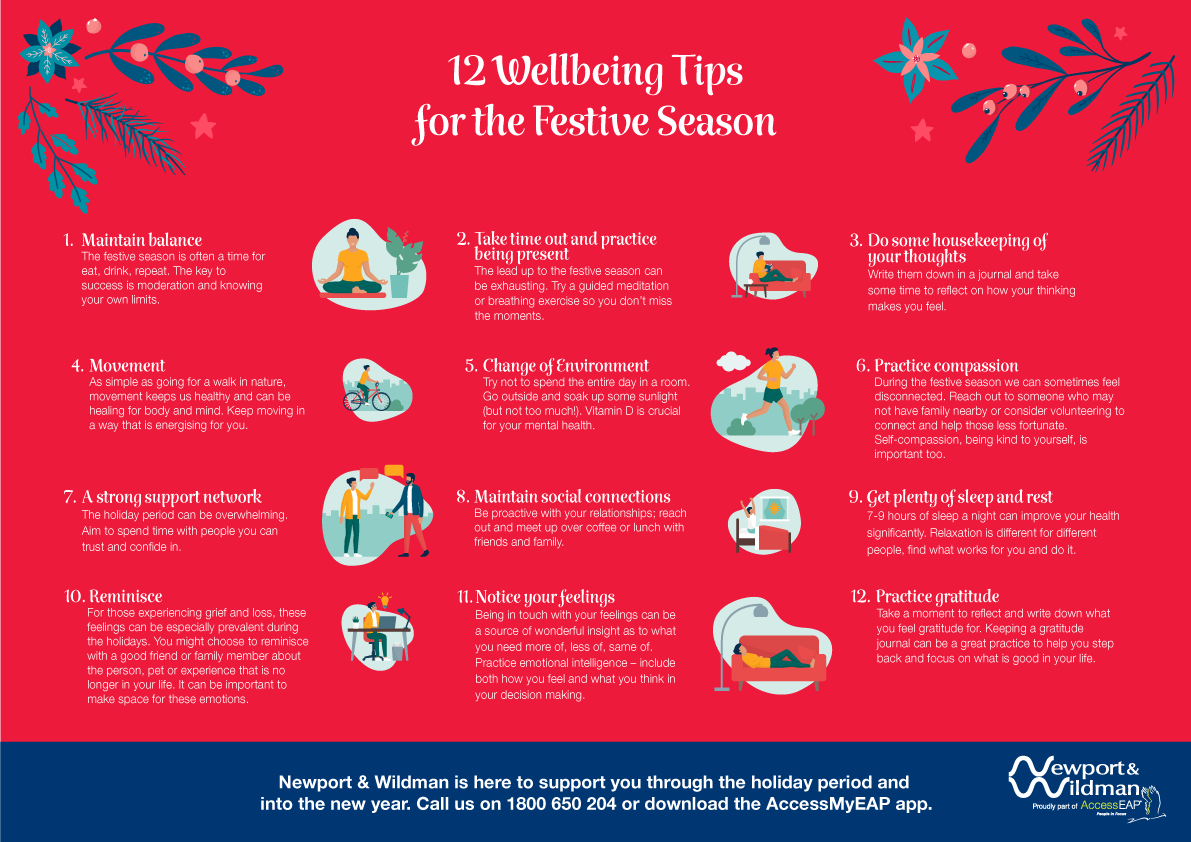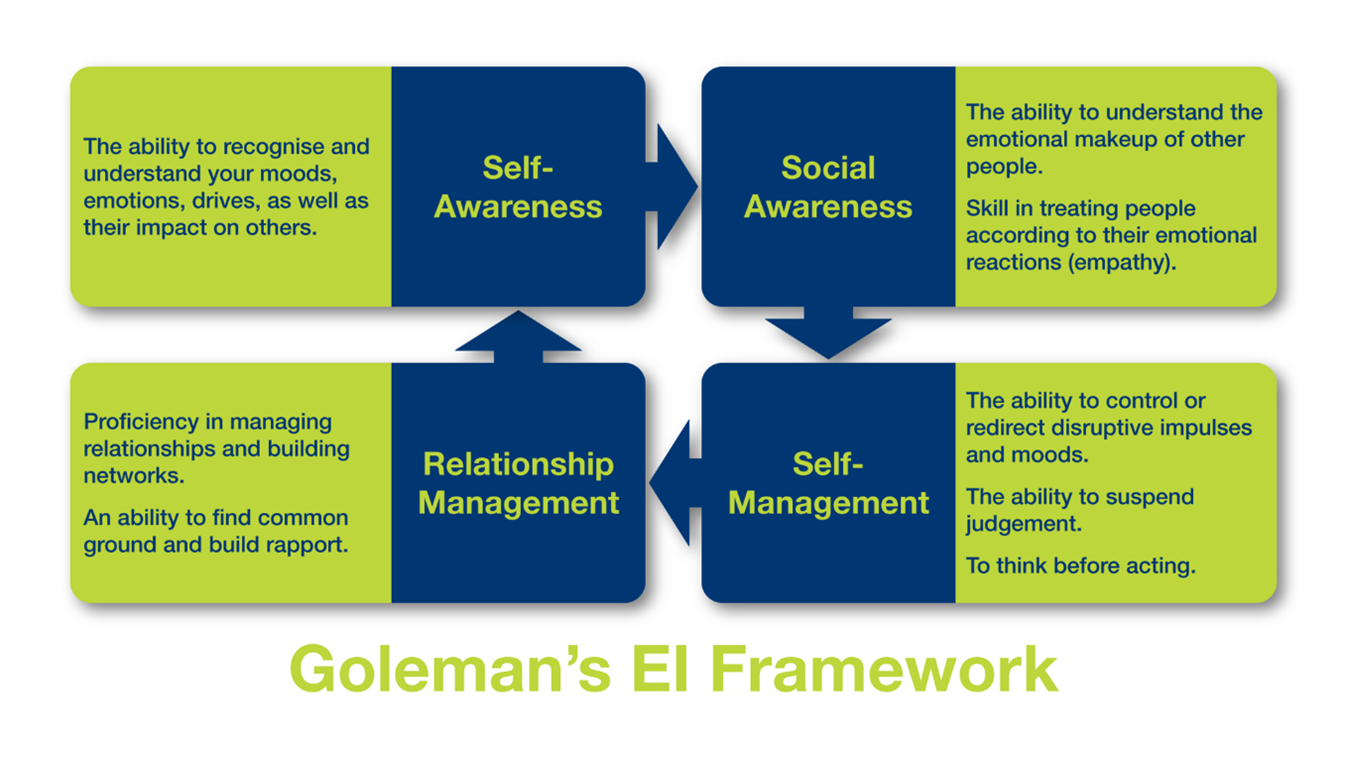Providing Support Through Natural Disasters
Australia is no stranger to natural disasters— bushfires, droughts, cyclones, and floods can disrupt entire communities. Whether facing the anticipation, immediate shock or the lingering effects of a crisis, everyday life can be turned upside down.
Before, during and after such events, individuals can experience a range of intense emotions, with the immediate loss of agency and personal safety putting everyday routine into question. Those affected can be forced to reconsider their day-to-day working commitments and priorities family and safety and in severe cases, survival.
Research reinforces the importance of addressing not only immediate practical needs but also the ongoing management of emotional wellbeing.
Understanding the Phases of Trauma
Disaster recovery is not a linear process. The 6 Psychological Phases of Disaster are a common model used to outline how individuals and communities progress through overlapping stages following a traumatic event (source). These stages show us that while immediate support is critical, the journey to recovery can extend for months or even years.
Pre-Disaster Phase: The first phase is marked by uncertainty as a disaster looms. Vulnerability, fear of the future, lack of security, and loss of control create feelings of anxiety.
Impact Phase: Emotions escalate as the disaster becomes imminent and the body’s innate “fight or flight” response is activated—a natural physiological reaction that prepares an individual to either confront danger or quickly retreat. This rapid-response mechanism prioritises self-preservation and the protection of loved ones, often leading to heightened alertness.
Heroic: During this stage, many survivors display adrenaline-fueled rescue behaviour, characterised by high levels of activity, though risk assessment may be impaired.
Honeymoon: A surge of hope develops, marked by community bonding, and after witnessing help and or rescue, it is assumed that assistance is and will be readily available. Feelings of optimism convince survivors that normality will return.
Disillusionment: In the months following, the realities of loss and hardship sink in, and optimism can morph into discouragement. Assessment of the disaster’s personal, physical and financial impact can lead to feelings of grief, anger, and frustration.
Reconstruction: The reality of the situation sinks in and a new normal is found. With this grounded perspective, individuals and communities begin to assume responsibility for rebuilding their lives and adjusting to new circumstances.
Principles of Psychological First Aid
Psychological First Aid is a framework designed to address both immediate physical and emotional needs in the wake of traumatic events. This approach prioritises safety by reducing exposure to further stressors and ensuring that essential needs—such as food, water, shelter, and medical care are met promptly. It's a humane, supportive response to those who may need support (source).
Safety: Physical and emotional safety must be prioritised. This involves reducing exposure to further stressors and meeting basic needs such as food, water, shelter, and emergency medical care.
Calm: A supportive and tranquil environment must be established. Clear, regular, and reassuring communication helps to alleviate anxiety, while maintaining calm helps individuals feel more secure during the acute phases of distress.
Self and Community Efficacy: Empowering individuals to recognise their strengths and utilise available resources, creates a sense of control. This principle also encourages community engagement, helping people contribute to their own recovery and that of others.
Connectedness: Supportive social networks are crucial. This connectedness helps reduce feelings of isolation and provides avenues for sharing experiences, which is vital for collective healing.
Hope: Encouraging small, achievable steps toward recovery can be achieved by reinforcing the idea that normalcy can gradually be restored, individuals are better supported in their long-term recovery process.
Practical Strategies for Employers
Workplaces are not immune to the disruptive effects of natural disasters. Events such as bushfires, cyclones, and floods can interrupt normal operations, compromise safety, and unsettle employees, highlighting the need for robust emergency response plans. In these challenging times, businesses must not only secure their physical assets but also address the emotional and psychological needs of their staff.
Here are some strategies to take on board.
Normalise Reactions: Understand that emotional responses vary widely among individuals. Acknowledge these feelings openly and without judgment.
Offer Flexible Support: Consider options like flexible working hours, remote work, or additional time off to allow staff to attend to personal recovery.
Create a Calm Environment: Model calm behavior and ensure that communications are clear and supportive. This helps reduce overall workplace anxiety.
Empower and Connect: Facilitate avenues for employees to access mental health resources and connect with each other in informal settings.
Plan for the Future: Use lessons learned from the current crisis to refine your organisation’s disaster response and recovery plans.
Be trauma informed: Following a disaster, it’s important to understand that anniversaries may reignite trauma, making sensitive communication essential (source).
To learn more or to strengthen your organisation’s resilience and support system, contact AccessEAP today via 1800 818 728. We can help to ensure your employees receive the professional support they need during and after a disaster.
Practical Tips for Employees
For employees grappling with the aftermath of a natural disaster, self-care is paramount. It is natural to experience intense emotions—fear, anxiety, sadness, and even anger. Here are some actionable strategies:
Acknowledge Your Emotions: Recognise that your feelings are a normal response to abnormal circumstances. Share your experiences with trusted friends or mental health professionals.
Maintain Routine: As much as possible, stick to your regular routines. This creates a sense of normalcy and control.
Engage in Self-Care: Incorporate physical exercise, healthy meals, and relaxation techniques such as deep breathing into your daily life.
Limit Stressors: Avoid excessive consumption of strongly themed media and try to steer clear of stimulants like too much coffee.
For individuals undergoing disaster-based trauma, reach out to trusted networks or visit our booking portal to book a counselling appointment.
Contact us today at 1800 818 728 to learn how AccessEAP can help.
Sources:
Quitangon, G. (2015). What do we need to know about disasters? In G. Quitangon & M. R. Evces (Eds.), Vicarious trauma and disaster mental health: Understanding risks and promoting resilience (pp. 47–60). Routledge/Taylor & Francis Group.
Tompkins, C. (2025, January 21). Understanding our emotional response to a crisis can help foster resilience. Psychology Today. https://www.psychologytoday.com/au/blog/lgbtq-affirmative-psychology/202501/the-six-psychological-stages-of-a-disaster
Makwana N. Disaster and its impact on mental health: A narrative review. J Family Med Prim Care. 2019 Oct 31;8(10):3090-3095. doi: 10.4103/jfmpc.jfmpc_893_19. PMID: 31742125; PMCID: PMC6857396.
Infographic: 6 Guiding Principles to a Trauma-informed approach. (2025, February 21). SAMHSA. https://www.samhsa.gov/resource/dbhis/infographic-6-guiding-principles-trauma-informed-approach , Centers for Disease Control and Prevention (CDC)








